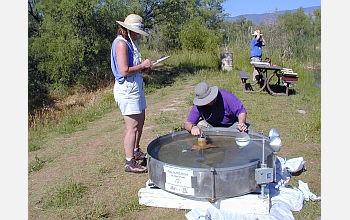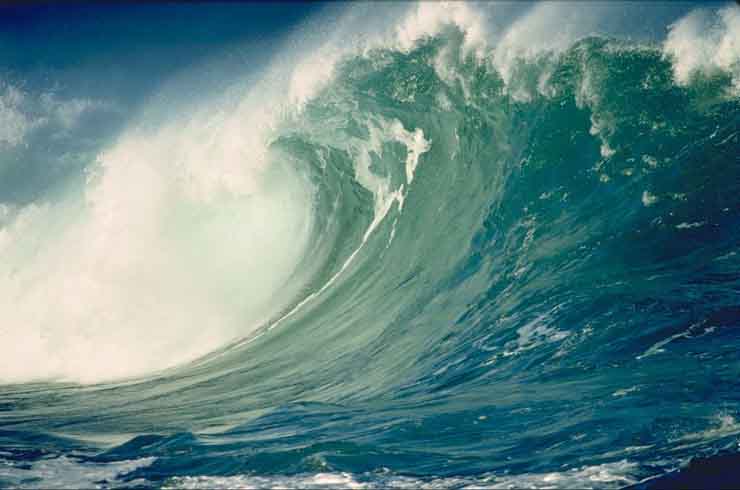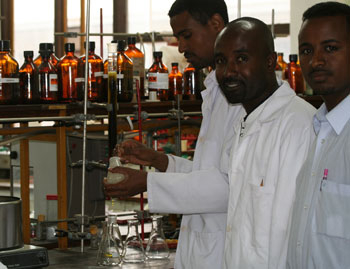
UNESCO held its
34th General Conference at its Paris Headquarters from October 16 to November 2, 2007. The General Conference is held every other year, and is the governing body of the organization, The United States fielded a large delegation for the conference, and participated fully in the event.
Secretary of Education Margaret Spellings led the U.S. delegation supported by White House Science Advisor, Dr. John H. Marburger, III and National Science Foundation Director Arden Bement..

The Conference notably adopted, by consensus, a resolution on “Holocaust Remembrance” introduced by the United States, Russia, Australia, Canada, and Israel and co-sponsored by 65 other UNESCO member states. The resolution “requests the Director-General to consult with the United Nations Secretary-General regarding outreach programs that could play in promoting awareness of Holocaust remembrance through education and in combating all forms of Holocaust denial.”
Also adopted was a Resolution introduced by the U.S. and co-sponsored by many African states that urged UNESCO to expedite implementation of the
Teacher Training Initiative in Sub-Saharan Africa (TTISSA).
The United States Library of Congress chose the General Conference as a platform to launch the
World Digital Library project. The project was launched with an exhibit that illustrated how the World Digital Library will operate. Librarian of Congress Dr. James H. Billington hosted a reception for a large number of people at the Conference and the Library of Congress and UNESCO signed a
Memorandum of Understanding to facilitate future collaboration on the project.
Finally, NASA and NOAA provided a special exhibit, a digital video globe displaying various data, called the “Magic Planet,” which was the focal point for a presentation entitled "Observing and Understanding our Globalized World through History, Sciences, Culture, and Communications." This exhibit helped make the overall theme of the General Conference, “
Planet Earth: from Space to Place,” a great success.
 © UNESCO/Michel Ravassard
© UNESCO/Michel Ravassard


















 Designed and developed under the aegis of the Management of Social Transformations (MOST) Program, the service will provide customized access to policy-relevant material (case studies) according to specific locations (city, country, region) and/or themes related to social transformations (urbanization, migration phenomena, human rights, sustainable development, etc.)
Designed and developed under the aegis of the Management of Social Transformations (MOST) Program, the service will provide customized access to policy-relevant material (case studies) according to specific locations (city, country, region) and/or themes related to social transformations (urbanization, migration phenomena, human rights, sustainable development, etc.)















